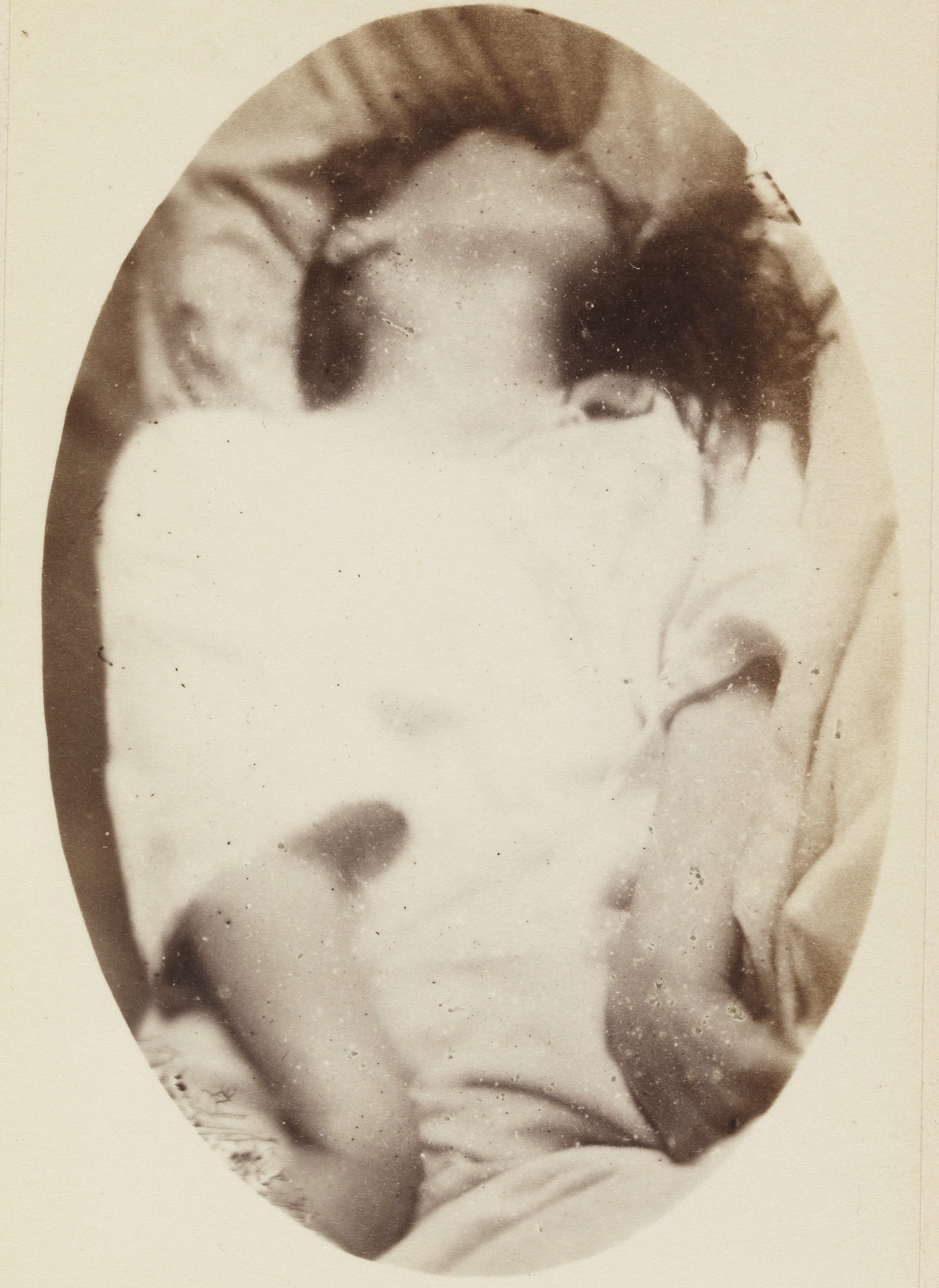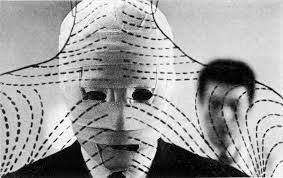It seems people without material needs who shoplift are oftentimes doing so in the unwitting desire to be caught. Perhaps something happened earlier in life that’s buried so thoroughly that they can’t get at it–or they’re too frightened to go there–so they subconsciously want everything to stop, more or less, until this pain can be addressed. If they’re spotted, apprehended, taken into custody, they’ve been pulled off the path they were on and have no choice but to tend to the wound. Some people probably just want to steal for thrills, sure, but humans are such a strange mix of resilience and fragility and so much goes on beneath the surface, it’s usually a lot more complicated than that. Our stories run deep.
In Jerome Groopman’s New York Review of Books piece about Suzanne O’Sullivan’s Is It All in Your Head? True Stories of Imaginary Illness, the writer raises a really interesting point about modern medicine: In our algorithmic age, a patient’s history is no longer a narrative but instead a bunch of keywords. An excerpt:
Suzanne O’Sullivan is a neurologist specializing in epilepsy who practices in London. Many of her patients suffer from so-called conversion disorders: somatic symptoms caused by psychological distress that defy ready diagnosis by medical tests or physical examination. “They are medical disorders like no others,” O’Sullivan writes. “They obey no rules. They can affect any part of the body…. Almost any symptom we can imagine can become real when we are in distress.”
Physicians who practice family medicine, pediatrics, or internal medicine learn that a substantial proportion of people seeking care have inexplicable complaints. Some surveys indicate that at least a quarter of such patients report symptoms that appear to have no physical basis, and that one in ten continues to believe that he has a terminal disease even after the doctor has found him to be healthy.
Understandably, because the symptoms obscure the psychological genesis, patients seek a physical disorder to explain their condition, and turn to doctors like O’Sullivan to provide a diagnosis. Her findings are striking:
My first consultant post…saw me running a service whose main purpose was to investigate people with epilepsy who were not getting better with standard treatment. It transpired that approximately 70 percent of the people referred to me with poorly controlled seizures were not responding to epilepsy treatment because they did not have epilepsy. Their seizures were occurring for purely psychological reasons.
While not a psychiatrist, O’Sullivan proposes that their collapse and convulsions “happen for a reason. When words are not available our bodies sometimes speak for us—and we have to listen.”
That listening is no longer valued in today’s medicine. The patient’s “history” was once the centerpiece of his medical record, his story written in narrative form. With current electronic templates, information is fragmented into chunks designed to meet so-called quality metrics and maximize revenue from insurers. The patient’s story has been reduced to telegraphed key words that trigger prefigured algorithms, which generate pop-ups on the computer screen for further testing or generic therapies.•


